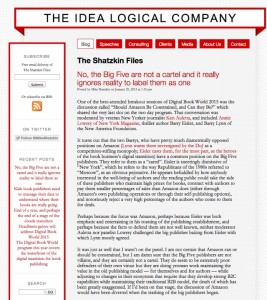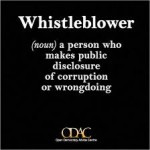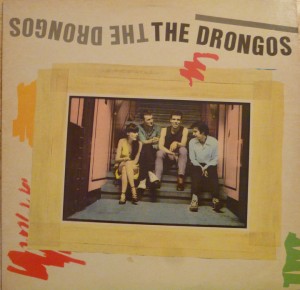Anticipating a New Way to Sell the Books I Write About to Readers of My Blogs
For book industry pals like me, who’d read and wondered this week about the import of national book distributor Ingram’s acquisition of the digital company Aer.io, I was excited tonight to read this analysis by friend and industry observer Mike Shatzkin, which anticipates potentially a very dynamic platform, one that could provide thousands of website managers and Internet publishers tools to help them sell books—print and digital editions—directly to their visitors. For my part, I see that it could provide bloggers who write about books, including me, the ability to sell titles directly from our websites to our readers and visitors. I currently affiliate with Powell’s Books of Portland, OR, but that arrangement has long been limited to print copies, with no prospect for selling ebooks, which is the format more likely to be preferred by blog readers, with rapid availability of digital content, and no shipping involved. As a retail bookseller before I was an editor and blogger, with a career-long penchant for sharing my enthusiasms, I’m eager to learn about these new options, and from an industry perspective, I anticipate significant interest from bloggers like me.
Shatzkin speculates that the new platform, combining Aer.io’s tools with Ingram’s capacity, has the potential to dramatically increase the sheer volume of online bookselling, with the potential to bring along many new types of Web publishers; it could also represent competition for Amazon, hence the title, “Can crowd-sourced retailing give Amazon a run for its money?”
Here you’ll find 1) a screenshot of Ingram’s announcement ; 2) a portion of Aer.io founder Ron Martinez’s optimistic interview with The Bookseller, explaining what the platform provides now, and what it may offer in the future; and 3) some paragraphs from Shatzkin’s cogent analysis. You can read these screenshots by clicking Pause at the upper right corner, and read them in their entirety on the respective websites: 1) / 2) / 3).
; 2) a portion of Aer.io founder Ron Martinez’s optimistic interview with The Bookseller, explaining what the platform provides now, and what it may offer in the future; and 3) some paragraphs from Shatzkin’s cogent analysis. You can read these screenshots by clicking Pause at the upper right corner, and read them in their entirety on the respective websites: 1) / 2) / 3). 
![]()



